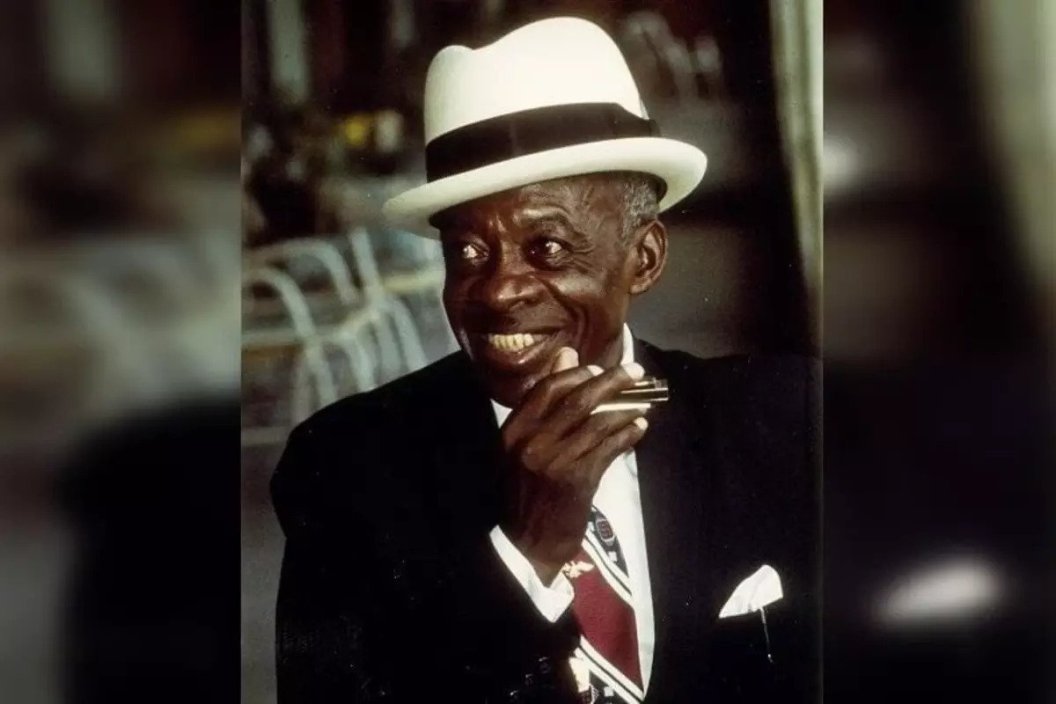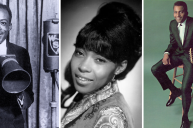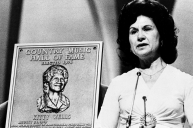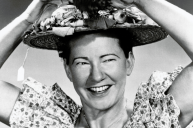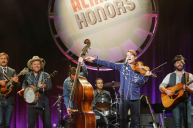As an early star of what became the Grand Ole Opry, harmonica player DeFord Bailey worked alongside radio host George D. Hay, banjo player Uncle Dave Macon and others on the ground level of WSM's radio dominance.
Born Dec. 14, 1899, in Smith County, Tennessee, Bailey was the grandson of slaves. A childhood case of polio forced him into bed for an extended period of time. Since he was unable to work the cotton fields for his sharecropping family, he used that time to develop his harmonica-playing talent.
The Incredible Rise
By 1925, Bailey was working odd jobs around Nashville and gaining a reputation as the Hitchcock Building's harmonica-playing elevator operator. That same year, he was asked to join the old-time music cast of the city's first radio station, WDAD. Station-mate Dr. Humphrey Bate, a respected string band leader, later convinced Bailey to jump to the competition, WSM.
Without an audition, Bailey debuted on-air for the pre-Opry WSM Barn Dance in the summer of 1926. He instantly won the approval of Hay, who'd rechristen his discovery "the harmonica wizard."
For a 1927 episode that followed NBC's Music Appreciation Hour, Bailey opened the Barn Dance with his signature train song "Pan American Blues." A turn of phrase in Hay's introduction of Bailey went on to define country music's most important radio show: "For the past hour, we have been listening to music largely from Grand Opera, but from now on, we will present The Grand Ole Opry."
As the Grand Ole Opry's fame grew, its African American star's talent remained at the program's forefront. With songs like "John Henry" and "Fox Chase," Bailey helped define Southern blues and roots recordings for Brunswick and Victor. His popularity was so great that both Roy Acuff and Bill Monroe took him on tour to help draw crowds.
The Unfair Decline
In 1941, the Opry fired Bailey. There are various opinions and conspiracies about the unpopular decision, most of which point to a financial dispute between ASCAP and the radio industry. Bailey's segment of the show relied on a small number of older songs, many of which were part of the ASCAP dispute. Whether this rotation of established tunes was Bailey's creative decision or an instance of the music business limiting the repertoire of an African American performer, those songs became a perceived financial risk for the program. Whatever actually happened, it was a harsh and sudden exit for one of the greatest to ever perform on WSM.
Bailey faded from the public eye after his firing. Among the scattered live appearances in his latter years were return visits to the Ryman, including the Opry's first-ever Old Timers' Show in 1974. When David C. Morton, co-author of DeFord Bailey: A Black Star in Early Country Music (The University of Tennessee Press), first met Bailey in the '70s, the country music legend was living in public housing after years spent shining shoes to support his family.
In the years since Bailey's July 2, 1982 passing, he's gotten attention beyond the works of Morton and his co-author, Charles K. Wolfe. For example, the PBS special DeFord Bailey: A Legend Lost aired in 2005, the same year as Bailey's overdue Country Music Hall of Fame induction.
This story was previously published on Sept. 16, 2019.
Now Watch:
https://rumble.com/embed/u7gve.cc4f1v/
